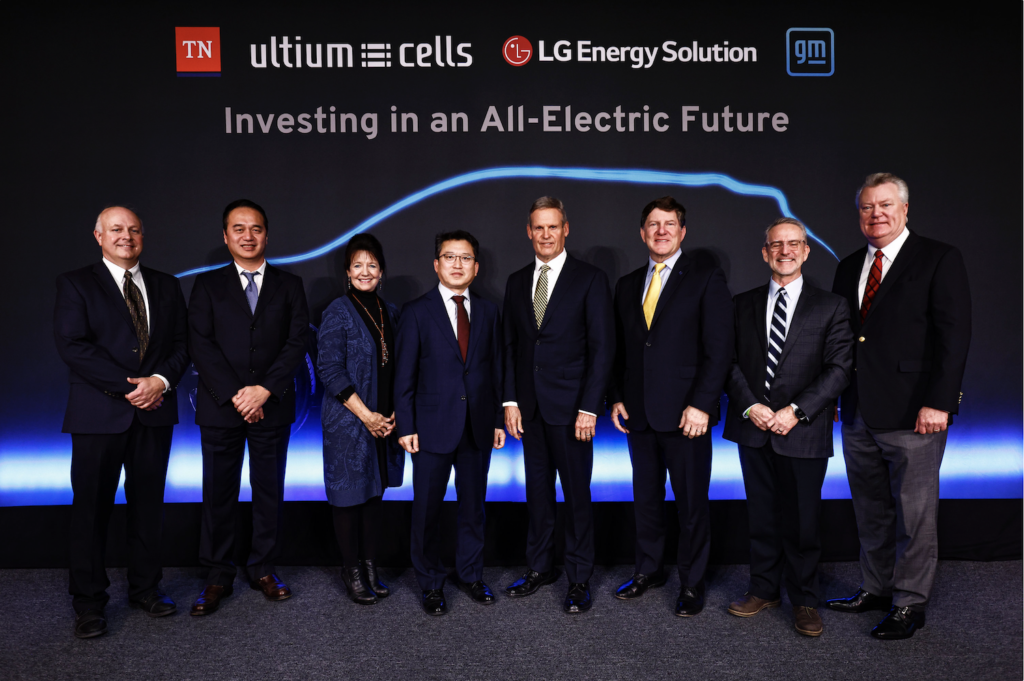|
Getting your Trinity Audio player ready...
|
Ultium Cells, a joint venture between LG Energy Solution and General Motors, has received a $2.5 billion loan from the US Department of Energy to help finance the construction and expansion of three electric vehicle battery manufacturing facilities in Ohio, Tennessee, and Michigan, according to officials.
The announcement represented the first completed loan under the Biden Administration’s Advanced Technology Vehicles Manufacturing program, according to the Energy Department.
According to LG Energy Solution, the interest rate on the US government loan is comparable to the 10-year US Treasury yield of roughly 3.6 percent, which is about two percentage points lower than the rate an AA-rated firm would earn in the Korean bond market.
“In order to establish stable production capabilities in the North American battery market, which is expected to have the fastest growth rate, it is imperative to secure large-scale investment funds,”
“Amid the extremely difficult environment to secure investment due to recent rate hikes and economic slowdown, we have gained a foothold to continue our distinguished growing trend in the US by securing a long-term fund with a low-interest rate,”
an LG Energy Solution official said.
In August, Ultium Cells’ first factory in Ohio commenced manufacturing. Once the second and third EV battery production plants in Tennessee and Michigan, respectively, commenced operations in 2025, the company’s total capacity is expected to reach 145 gigatonnes per year. According to the South Korean battery manufacturer, it would be enough to power around two million high-performance EVs every year.
During the February earnings call, General Motors CEO Mary Barra stated that the company and LG Energy Solution will announce the location of their fourth US battery cell factory in the first half of this year. However, no formal statements have been made as of yet.
According to Reuters, the joint venture is eyeing Indiana as the location for its fourth battery production factory in the United States. LG Energy Solution has refuted the news, claiming that no plans for a fourth battery factory have been verified.
According to the Energy Department, the three cell manufacturing plants will produce more than 11,000 jobs in the local labor market.
“This loan will jumpstart the domestic battery cell production needed to reduce our reliance on other countries to meet increased demand and support President Biden’s goals of widespread EV adoption and cutting carbon pollution produced by gas-powered vehicles,”
said Secretary of Energy Jennifer Granholm.



